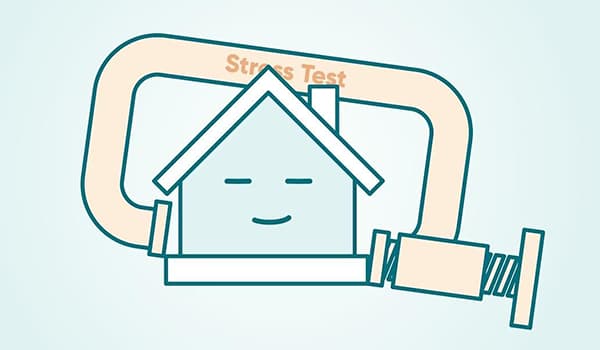What is a Mortgage? A Beginner’s Guide to Home Financing

The world of mortgages is vast and varied, and exploring it always starts with this question: What is a mortgage? In the simplest terms, it is a loan for purchasing real estate, AKA your dream home.
This guide walks you through the essentials of mortgages, helping you understand the key terms and considerations involved. Shall we begin?
How Does Mortgage Work?
How house mortgage works? The mortgage process in Toronto begins with pre-approval, ensuring your affordability based on income, credit score, and down payment. Down payment is your initial contribution, ranging from 5% to 20% depending on the price and mortgage type.
You will borrow the remaining amount as the mortgage principal. You'll then choose a mortgage length or term (usually 5 years) and amortization period (the total time to repay the loan, often ≤25 years).
Your monthly or bi-weekly payments cover both principal and interest, the fee that lenders charge, and calculate it using interest rates. This process is often facilitated by mortgage brokers (what is a home loan broker?) who help compare rates and lenders.
If you have time, check out this video for a 101 guide on mortgages.
What is a Mortgage Rate?
Now that you know what’s a mortgage, let’s see what is mortgage rate. It is the cost you pay to a lender for borrowing money, a crucial factor that determines monthly payments and the total loan cost.
Higher rates lead to larger monthly payments and significantly higher total costs. Consider a $500,000 mortgage with a 25-year amortization, one with a 5% rate and another with a 7% rate (these are all hypothetical).
Using a mortgage calculator, the monthly payment for 5% is roughly $2,865, and the total interest over 25 years is about $429,500. But for 7%, it is $3,418 and $575,400; meaning you will have to pay $553 more per month and $145,900 more over the loan’s lifespan.
Types of Mortgages
Canadian mortgages are either fixed-rate (stable payments, potentially higher overall cost) or variable-rate (fluctuating payments, potentially lower overall cost). More on that here: Fixed vs. variable mortgage rates.
There are also government-backed mortgages, such as those insured by the CMHC for applicants with smaller down payments (less than 20%).
Other options include mortgages for specific groups (e.g., first-time homebuyers), or specific features like open/closed terms (allowing or restricting early repayment without penalty).
Pros and Cons of Getting a Mortgage
While knowing the basics (what is a mortgage, interest rates, etc.) is crucial, this decision calls for careful consideration of your financial situation and long-term goals too. This pros-and-cons table will help you:
Using a mortgage broker or a bank has its own benefits and drawbacks too. Find the details here: mortgage broker vs. bank.
Frequently Asked Questions
How much is a $200,000 mortgage payment for 30 years?
30-year mortgages in Canada are not fixed-rate. For a 25-year mortgage, the RBC calculator returns $1,116.98 for monthly payments.
Can you pay off a mortgage early?
Yes. You can prepay open mortgages (partially or fully) without a prepayment charge.
What is the mortgage rate today?
The exact rate depends on the lender, term, and type (fixed/variable). For example, currently (March 12th, 2025), Meridian’s 3-year fixed rate is 3.87% and TD’s is 4.79% (uninsured). While Radius Financial offers 4.40% for its 3-year variable rate.
How much can I borrow from a mortgage?
It depends on your income, your co-applicant’s income, down payment, and amortization. Use an affordability calculator to find out your maximum purchase price.
How much would a 30-year mortgage payment be on $1,000,000?
It depends, what’s the mortgage rate? Assuming you are using a 5-year fixed rate of 5.39%, your monthly payment would be approximately $5,572.
Where does the money go when you get a mortgage?
The money goes from the bank to the lawyer representing the buyer (you) and finally to the seller.
The Bottom Line
A mortgage is essentially a loan secured by your home. Understanding the basics (e.g. interest rates, amortization periods, mortgage types) is crucial before taking this significant financial step.
Do your research, shop around, and seek professional advice to find the mortgage that best suits your needs. Good luck!
- In this post:
- How Does Mortgage Work?
- What is a Mortgage Rate?
- Types of Mortgages
- Pros and Cons of Getting a Mortgage
- Frequently Asked Questions
- The Bottom Line



